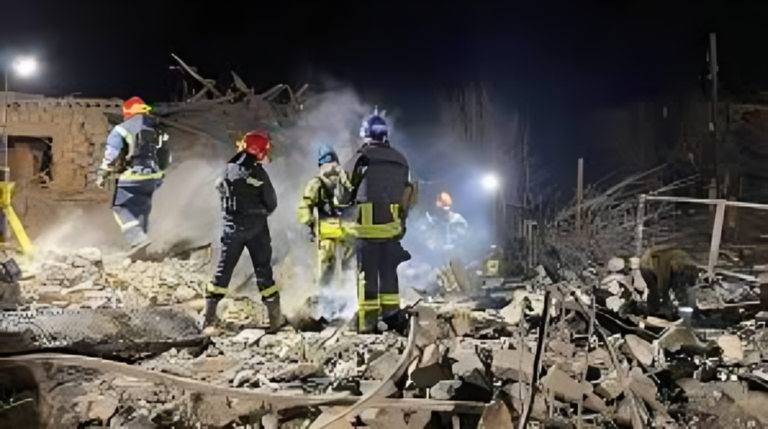In a bold move that could reshape the future of transportation in Western Australia, the state government has initiated negotiations to reverse the long-standing privatization of its freight rail network. This announcement has sparked a heated debate, with the Nationals WA branding the promise as “disingenuous” and “unrealistic.”
Originally privatized in 2000 under a 49-year lease by the Richard Court government, the freight rail network is currently operated by Arc Infrastructure. However, the tier-3 lines, which traverse the southern half of the state, have remained dormant since 2014. This stagnation has resulted in an increased reliance on trucks to transport essential goods like grain, straining local roads and communities.
Transport Minister Rita Saffioti expressed optimism about the government’s commitment to restoring the rail network to its full operational capacity.
For grain farmer Jane Fuchsbichler, who resides about 240 kilometers east of Perth in Bruce Rock, the potential revitalization of the freight rail system carries immense significance. Once a daily observer of freight trains passing her farm, Fuchsbichler remembers the poignant day in June 2014 when she bid farewell to the last train, adorning the crossing with balloons and painted signs.
“The announcement about reversing the network’s privatization is long overdue,” she reflected. Since the shutdown, she has witnessed the degradation of regional roads, which are ill-equipped to handle the heavy truck traffic that has surged in the absence of rail transport.
“We’ve got trucks on roads that just aren’t designed for that heavy load,” she lamented. “I’ve had windscreens smashed; they’re right there, in your face, all the time.”
As the government embarks on this ambitious journey to restore the freight rail network, it raises hopes for a more sustainable and efficient transport system, one that could alleviate the burdens on both farmers and regional infrastructure.












+ There are no comments
Add yours